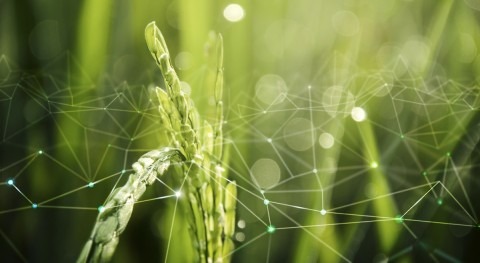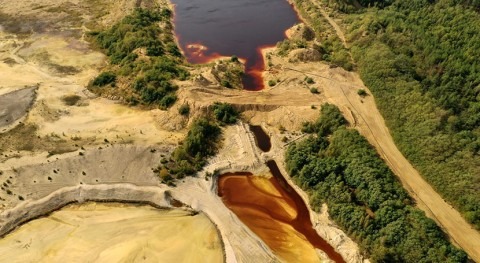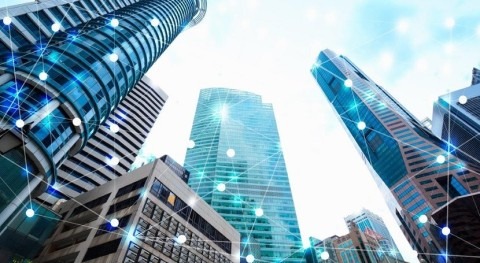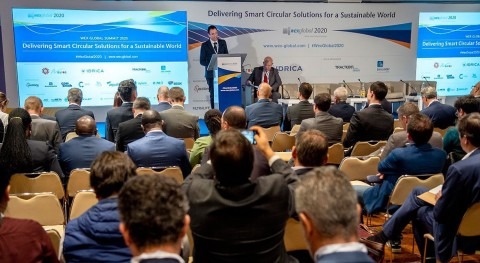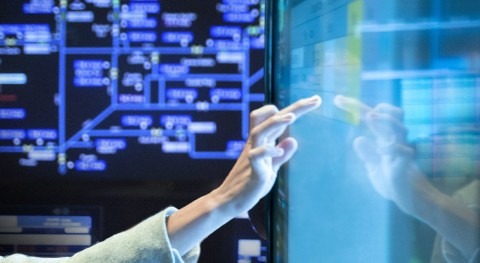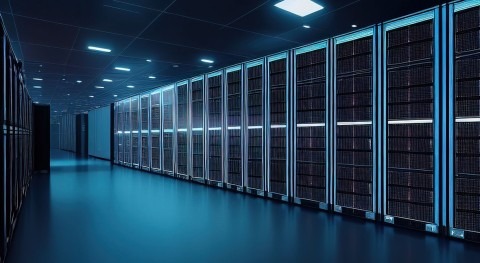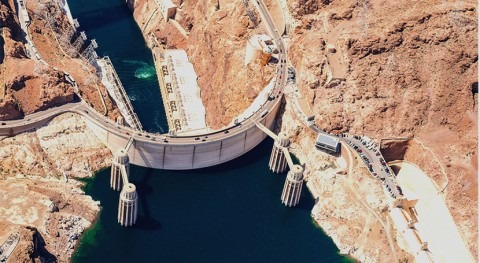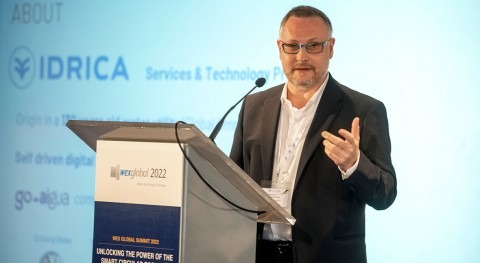Digital transformation of the water industry has already become a powerful lever for change. By optimizing processes and extracting value from data, technology enables utilities to successfully and quickly implement any updates that are required.
In this interview, Francisco Javier Salguero, COO at Idrica, shares his vision of the future of water utilities. Their digital transformation goes hand in hand with the challenges they are facing worldwide.
Question: Why is technology so important to optimize infrastructure management?
Answer: Water supply and wastewater managers must provide a sustainable service at all times. To meet this goal, they must optimize how the service is run. This involves dealing with a whole host of factors and interrelated variables, both inside and outside the infrastructure, and different scenarios must be envisaged so that utilities can anticipate and act on them.
Technology is the only way for utilities to achieve this quickly, efficiently and safely. In other words, data is the key to optimizing management, and the only way to manage it is through autonomous, smart tools.
Q: What is next in the (digital) transformation of the water industry?
A: Data communication, irrespective of infrastructure, alongside optimized, autonomous, intelligent process operations are going to be the next big thing in the water industry.
For example, remote meter reading is a practice that is becoming part and parcel of the utility roadmap, and the arrival of 5G will only serve to increase the pace of implementation. We have realized that being aware of what is happening with every asset is the baseline for understanding the system as this enables us to optimize operations, pre-empt issues and correctly scale infrastructures.
Similarly, collecting all the data from the environment, whatever its nature, will help to secure fully autonomous operation of critical infrastructures which are currently supervised by humans based on their experience.
Q: Are these developments really necessary?
A: Yes, definitely. There are many threats ahead for utilities, such as rampant urban development and rising living standards; escalating demand for water, food and energy due to a growing population; an increasingly polluted world; overexploited, finite resources, and inefficient and aging infrastructures. The only tool that companies can rely on to achieve efficient management is the use of new technologies.
Q: Are some parts of the water cycle more digitally advanced than others?
A: Although it obviously depends on each company and country, the supply of drinking water has traditionally always been one step ahead. Thankfully, this is changing.
The irrigation segment, in general, is used to building large facilities to manage flows, which are necessary to provide the service. However, their impact on the resource and the environment, the quality of the service offered and the cost of operating and maintaining them depends to some extent on how they are managed. Smart water solutions are a key element to optimize this.
Q: Why are more and more startups focusing on technology applied to water management?
A: Both funding and the modernization of the industry go part way to explaining this trend, as well as the rapid growth of technology in recent years and the shift towards a more user-centered approach.
Remote meter reading is a practice that is becoming part and parcel of the utility roadmap, and the arrival of 5G will only serve to increase the pace of implementation
We must not forget that water is essential to all aspects of human life. The end consumer wants a better service year after year, and often expects the same added value that they receive in other sectors, such as retail and tourism, thanks to technology.
Q: Are utilities ready to digitally transform their processes?
A: The first question we need to ask is not whether big or small utilities are ready. The question should be whether these technologies are really necessary. And the answer is a definite yes. In fact, they are here to stay.
However, from the point of view of company culture, utilities that do not include this digital transformation in their roadmap will encounter greater difficulties when it comes to its implementation. Infrastructure-wise, there are all kinds of possible scenarios. Some systems are better prepared, with more sensor implementation while others have less. This means that the value added by new technologies will vary.
But what is clear is that these solutions are essential for all water utilities, not only to improve the services offered, but also to help them in their everyday tasks. The ultimate goal for all companies will be to optimize the service offered to citizens with the means they have available.





